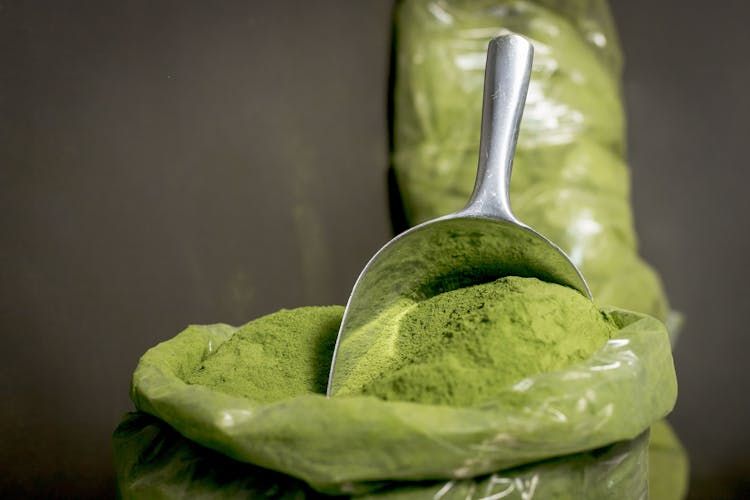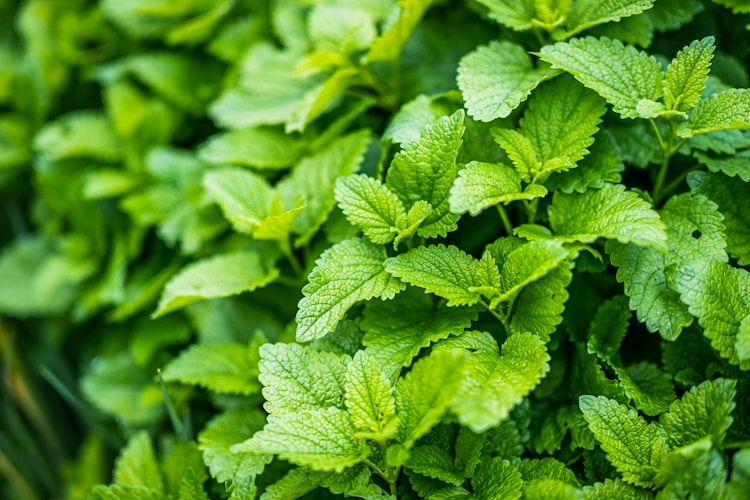Top 10 Moringa Benefits and How to Incorporate It into Your Diet
Did you know that the curious minds of scientists are delving into a plant revered by traditional healers for centuries? The unfolding research on Moringa is nothing short of captivating. Let’s discover together in this article the top 10 moringa benefits and how to incorporate it into your diet.
What is Moringa?
When we delve into the realm of Moringa oleifera through the lens of science, we uncover a remarkable member of the Moringaceae family. Yet, let us distill this knowledge into practical wisdom. This resilient tree captivates researchers, thriving even in less-than-ideal conditions.
Though its scientific title may sound austere, it is often affectionately dubbed the “drumstick tree” or “horseradish tree.” The “drumstick” name springs from the unique shape of its seed pods, while “horseradish” highlights the intriguing compounds that impart a distinctive flavor to its roots.
The leaves boast a bounty of measurable nutrients like proteins, vitamins, and minerals, each quantified with precision in laboratories. Food scientists have examined how the pods enrich traditional South Asian dishes, adding layers of culinary delight.
The seeds beckon the curiosity of both nutritional researchers and environmentalists, as they explore their ability to produce oil and engage in wondrous chemical transformations that purify water. Even the roots and bark reveal their remarkable properties to the world.
Moringa’s Benefits

1. Nutritional Powerhouse
Laboratory explorations have revealed extraordinary levels of vitamins A, C, E, and an impressive array of B vitamins, while the mineral bounty is equally breathtaking, showcasing generous portions of calcium, potassium, iron, magnesium, and zinc.
Yet, the most thrilling discovery resides within the protein embraced by Moringa leaves, which boasts the complete ensemble of nine essential amino acids, a rarity among plant proteins.
As researchers plunge deeper into the realm of antioxidants, they continuously uncover powerful compounds like quercetin and chlorogenic acid, both essential sentinels of cellular vitality.
2. Boosts Energy and Fights Fatigue
Research shows that the iron content helps optimize oxygen transport in your blood cells. Scientists have observed how this process, combined with other nutrients in Moringa, supports cellular energy production.
3. Supports Immune Health
The vitamin C content isn’t just impressive on paper, laboratory studies show how it actively supports immune cell function. Those antioxidants we mentioned earlier? Researchers have documented how they help protect immune cells.
There’s also growing research about Moringa’s antimicrobial properties, which scientists are currently studying to understand how they interact with our immune system.
4. Reduces Inflammation
Moringa holds remarkable compounds, isothiocyanate, and flavonoids, that sway the inflammatory processes within our very beings. Laboratory explorations illuminate the intricate workings of these compounds at a cellular level. Mastering the art of inflammation management is essential for holistic well-being.
5. Promotes Healthy Skin and Hair
Vitamins A and E support skin cell regeneration. Scientists have also documented how zinc and omega-3 fatty acids support scalp health. The antimicrobial properties we mentioned earlier? Research shows they play a role in maintaining skin health too.
6. Regulates Blood Sugar Levels
Clinical explorations into the realm of blood sugar regulation have unveiled captivating revelations surrounding Moringa. Researchers have spotlighted chlorogenic acid as a pivotal element in this intricate dance.
Evidence suggests it plays a vital role in moderating our body’s glucose management. Furthermore, studies have illuminated the enchanting effects of isothiocyanates, which weave their magic by influencing insulin function at the cellular level.
7. Protects Heart Health

Cardiovascular researchers have been studying Moringa’s effects on heart health markers. Their findings show it can influence cholesterol and triglyceride levels in beneficial ways. Its antioxidants help protect cardiovascular cells from oxidative stress.
8. Supports Brain Health
Studies unveil that the radiant vitamins E and C are instrumental in fostering robust brain cells. Moringa has enchanting potential for mood regulation, drawing particular fascination to its adaptogenic properties, which enable our bodies to elegantly traverse the currents of stress at a cellular level.
9. Improves Digestion
The fiber content has been scientifically measured and its effects on digestion documented. Moringa’s antibacterial properties influence our gut environment and there’s ongoing research about how this affects nutrient absorption.
10. Enhances Bone Health
Moringa’s mineral content of calcium and magnesium work together to support bone structure. Research has also revealed connections between its anti-inflammatory properties and bone health maintenance.
How to Incorporate Moringa Into Your Diet
Moringa can be used in various scientifically validated ways. Laboratory testing has confirmed the stability and bioavailability of it in different forms:
- Powder form, which maintains its nutritional content well
- Tea preparation, where hot water extraction releases beneficial compounds
- Capsules, which provide measured doses
- Fresh leaves, when available, contain the highest levels of certain beneficial compounds
Scientists recommend these evidence-based ways to include it in your diet:
- Adding the powder to beverages (good nutrient preservation)
- Incorporating it into meals (heat stability of many compounds)
- Brewing it as tea (water-soluble nutrient extraction)
- Using fresh leaves in cooking (maximum nutrient retention)
Clinical studies suggest starting with small amounts and gradually increasing intake while monitoring your body’s response.
If you are interested in adding more biohacks into your routine, we have put together this FREE Guide for you to begin with.
Conclusion
Whether you’re interested in the molecular mechanisms of its nutritional benefits or its practical applications for health maintenance, Moringa offers documented advantages worth exploring.
Remember that while scientific studies support Moringa’s safety profile, healthcare providers should be consulted before adding it to your routine, particularly for individuals who are pregnant, nursing, or taking medications. This ensures proper integration with your specific health circumstances based on current medical knowledge.
Studies used as inspiration for this article:
- Moringa oleifera: A Review of the Medical Evidence for Its Nutritional, Therapeutic, and Prophylactic Properties
- Moringa oleifera: a systematic review of its botany, traditional uses, phytochemistry, pharmacology and toxicity
- Moringa oleifera: An Updated Comprehensive Review of Its Pharmacological Activities, Ethnomedicinal, Phytopharmaceutical Formulation, Clinical, Phytochemical, and Toxicological Aspects
Stay in Touch!
Ready to unlock your full potential? Subscribe to our newsletter for the latest in biohacking tips, tools, and strategies to optimize your health and performance!
This post may contain affiliate links, which means we may earn a small commission if you make a purchase through them, at no extra cost to you.








